29 January, 2019
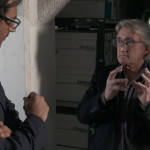
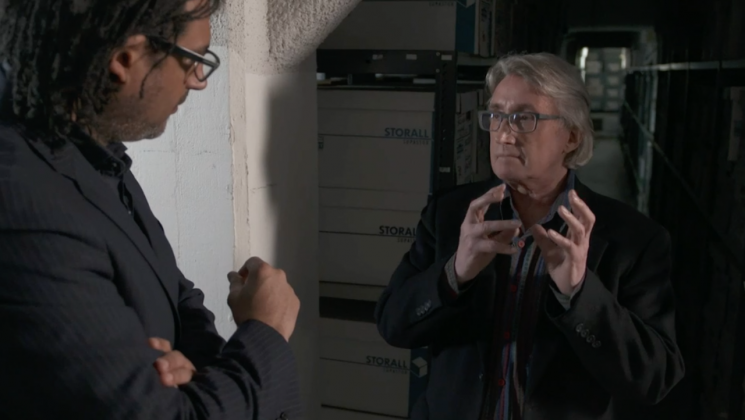
Four hundred years ago all manner of children, teenagers, and young men and women, mainly from the poorest families, were sent, often against their will, to board ships leaving from Bristol across the Irish Sea, and into the Atlantic Ocean. They were sent to meet the growing demand for cheap labour in Britain’s newly created colonies in North America. From 1610 to American independence in 1776, half a million people left Britain for North America. Some were political and religious dissenters, like the Puritans, Quakers and the Irish and Scottish Presbyterians. While others were convicts, sent by the British government to clear out its overcrowded prisons. But around half – that’s a quarter of a million – were indentured servants. And most were sent against their will. Historian and Migration Museum Trustee David Olusoga meets writer Don Jordan, who tells the stories of some of these young people.
Click here to watch (external link to BBC website)
29 January, 2019
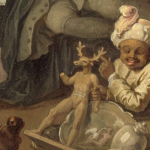
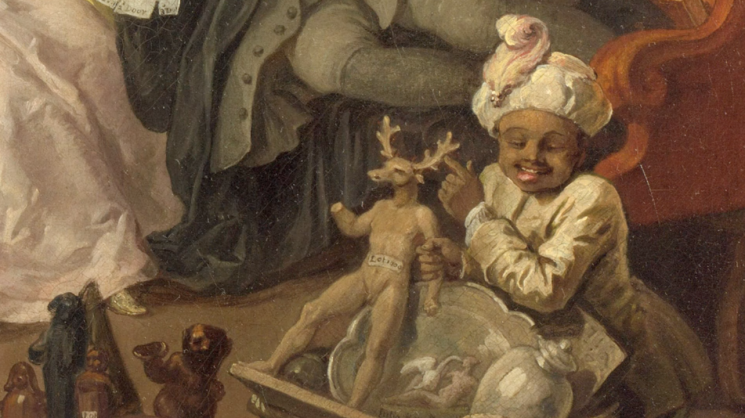
Historian and Migration Museum Trustee David Olusoga looks at the lives of black people in Britain in 1600s and 1700s. He looks at portraits in Ham House in Surrey, which feature images of young black men and women as part of family groups of aristocrats. Olusoga talks to Historian Professor James Walvin who suggests that often these figures were invented and were part of the exoticism associated with international trade and enslavement. Walvin describes black people in the UK as the ‘flotsam and jetsam’ of the slave trade, individuals who found themselves in the UK. Most were in domestic service. Some were sailors in transit in and out of the ports. By the late 18th century the ideas of the French Revolution were spreading and some black people were starting to have a political impact on British society. These included Robert Wedderburn who argued passionately for the emancipation of black slaves and poor whites.
Click here to watch (external link to BBC website)
29 January, 2019
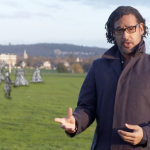
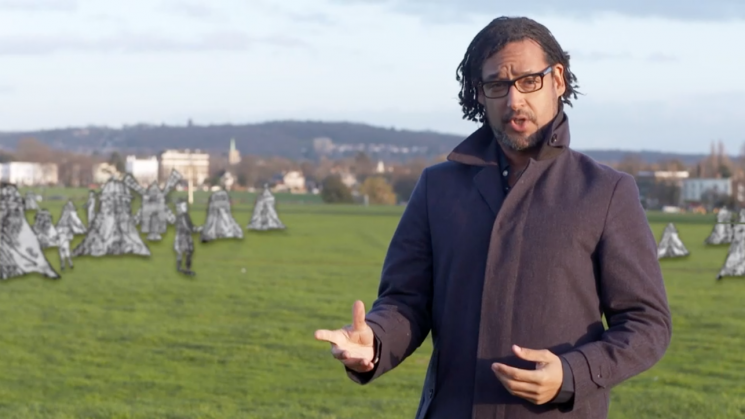
Historian and Migration Museum Trustee David Olusoga tells the story of the Palatines, one of a number of groups of European migrants who came to Britain in the 18th century to escape poverty, religious persecution and seek a better life. In 1709, in an area in Blackheath in south London, 13,000 German migrants called the Palatines formed what became regarded as Britain’s first refugee camp. They spoke different languages and belonged to different churches and became a curiosity for thousands of Londoners of the period. Most hoped to travel on to Carolina in the New World, after promises of work and prosperity, but in the end only a few made the trip to North America, and many returned to Germany. Olusoga meets Dr. Brodie Waddell from Birkbeck at the University of London who is an expert on this period.
Click here to watch (external link to BBC website)
29 January, 2019
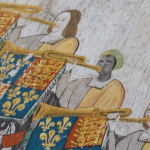
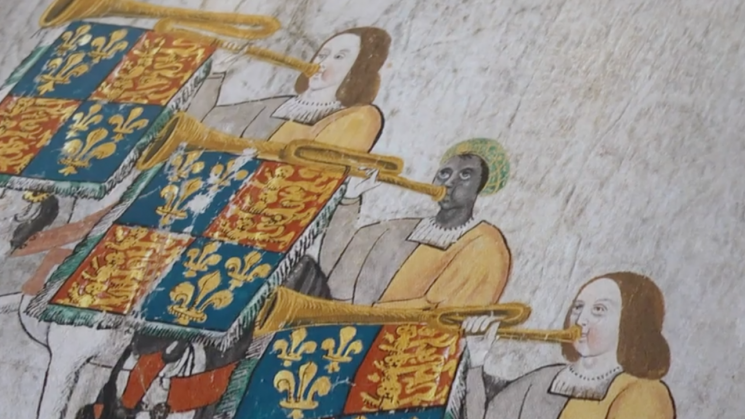
Historian and Migration Museum Trustee David Olusoga explores the lives of some of the hundreds of black migrants who were in England during the Tudor period of the 1500s. Olusoga visits The National Archives in Kew, where he meets Dr. Miranda Kaufmann who has researched the lives of more than 200 of these people. Most were living ordinary lives, working in domestic service or the cloth trade, but there were exceptions. They discuss John Blanke, a trumpeter in the court of Henry VIII, who was so well established that he actually submitted a request for a pay rise, and a diver, Jacques Francis, who gave evidence in a court case. Dr. Kaufmann concludes that some black people in England were accorded greater privileges than many white English people at the time.
Click here to watch (external link to BBC website)









